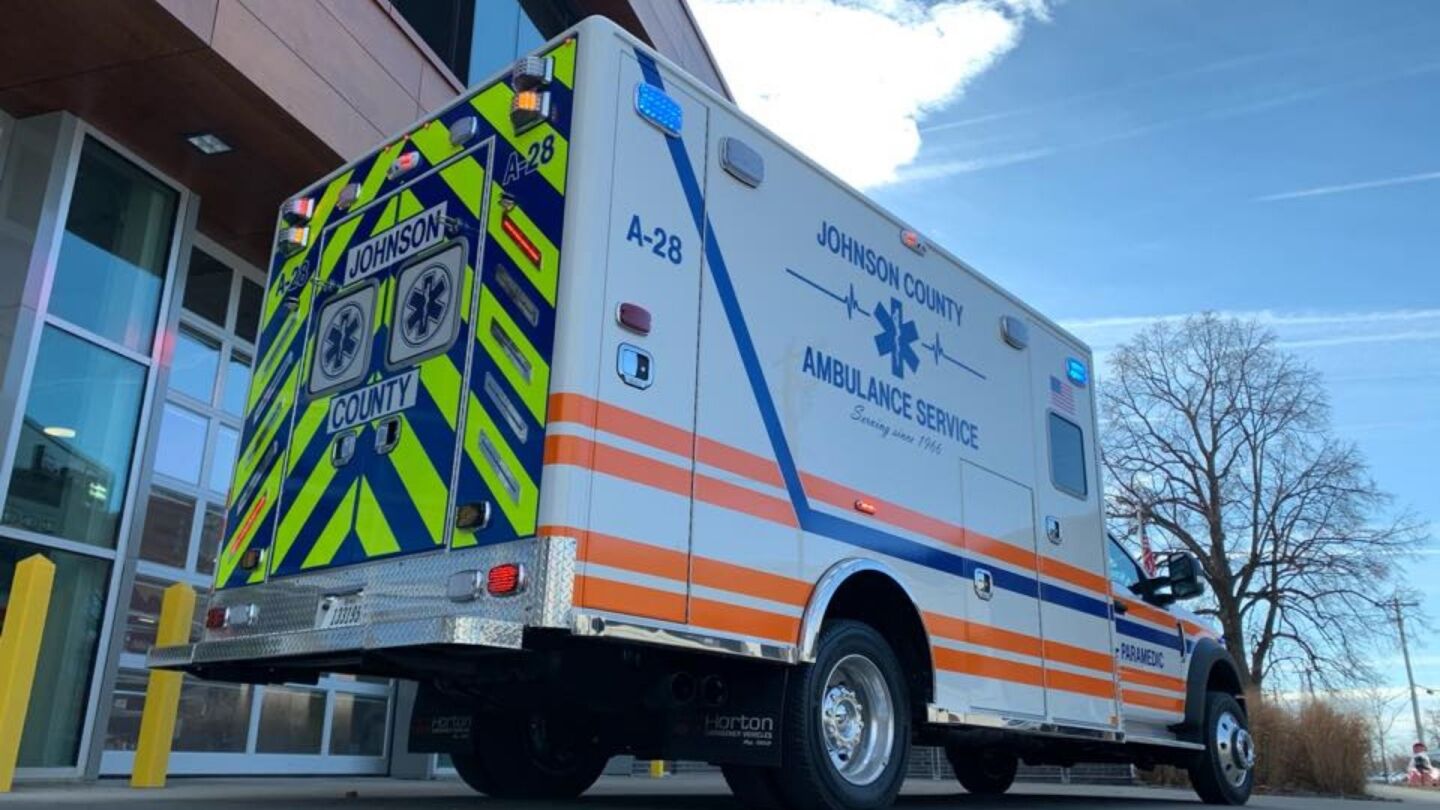Community Paramedicine
Access our Community Paramedicine directory, offering valuable information on innovative models of care that extend the role of paramedics beyond emergency response. This collection includes articles on preventive care, chronic disease management, and partnerships with healthcare providers to deliver comprehensive care in the community. Understanding community paramedicine is key to improving public health and reducing hospital admissions. For more related content, visit our section on Integrated Care. Stay informed and explore the future of EMS with our resources on community paramedicine.
Hear from live liver donor Will Lindbergh, whose selfless act inspired a charity to encourage first responders to participate in organ donation
This step-by-step guide will help you plan, prepare and apply for grant funding to support your EMS organization
Flexible and scalable care systems that support clinicians for a variety of out-of-hospital needs will help reduce errors and improve outcomes
With Station 7 set to come online, Grand Junction is investing in a new community paramedicine program to handle lower-acuity calls
Johnson County’s mobile integrated health program is helping high-risk patients stay safely at home through preventive in-home care
The Thompson Valley senior organized fellow scouts to assemble kits for the Thompson Valley EMS CARES mission to reduce 911 calls
Grand Junction would add three fire department posts for advanced-practice paramedics, redirecting lower-acuity and chronic calls under physician oversight
Single Onslow County paramedics will handle lift assists and minor calls, keeping ambulances free for high-acuity emergencies
The pilot program will serve up to 600 residents in 13 communities, aiming to cut ER visits with on-site assessments, labs, imaging and treatment
Honolulu’s City Council passed a resolution seeking a year-long performance audit of the homeless-response program and the city’s Emergency Services Department to gauge effectiveness, resource use and improvements
Paramedic Peter Canning explains how harm reduction enables people to use safely until they are ready to quit
Paramedic Peter Canning explains addiction as a chronic, relapsing brain disease, not a character flaw
Paramedic Peter Canning explains how stigma causes people to hide their drug use and avoid treatment
Seattle has cut overdose deaths 20% since 2024 and strengthened its Health 99 post-overdose response team
FDNY EMS officer and union vice president says separating EMS from the FDNY would close pay gaps, curb turnover and give medics the autonomy to modernize patient care
Dorchester County EMS will provide non-emergency care to residents with lower-acuity needs, aiming to reduce 911 calls and ease ER overcrowding
Prisma Health’s community paramedics are leading with compassion and evidence, tackling addiction, rural care gaps and chronic conditions in real time
A new partnership in Joliet embeds paramedics into patient care teams to connect residents with vital resources beyond traditional medical care
Lessons from a learning community, Part 3
Maine’s MD3 program deploys doctors alongside EMS crews to overdose and emergency calls, expanding field treatment, education and follow-up care across Kennebec County
From post-9/11 to post-COVID, EMS leaders reflect on systemic cracks — and what must happen now to rebuild a future that works for patients and providers
Community paramedicine demands a mindset shift — from crisis mode to continuity of care. Learn how EMS providers can build trust, treat root causes and redefine what success looks like.
Three years in, Flagstaff’s alternative response CARE Unit has decreased ER transports and police involvement in crisis calls
A new initiative embeds social workers with first responders during 911 calls for mental health and substance use crises in Cuyahoga County
The AIMHI awards recognize standout agencies, individuals and programs advancing high-value, integrated mobile healthcare
From battlefield origins to community clinics, discover how July 8 unites 150+ organizations worldwide — and how the UK College of Paramedics is leading the charge for a modern, empowered profession
Weiser Ambulance District’s new community paramedic initiative is helping divert crisis calls from EDs and 911
The fire department plans to use nurses to handle non-emergency calls, freeing up EMS crews for more urgent responses
Join Mike Taigman, Chris Carlson and Daniel Brown to explore how data-driven decisions, BLS units, telehealth and nurse advice lines can reshape emergency services — without risking lives





























